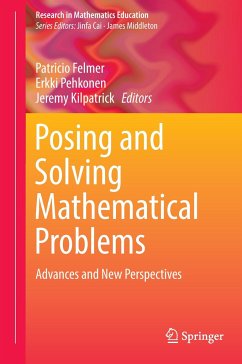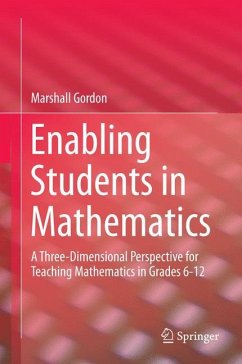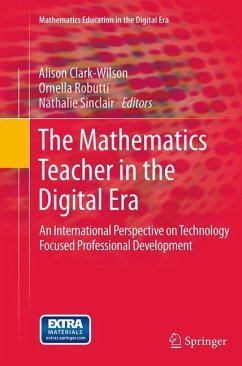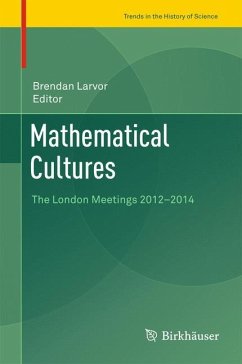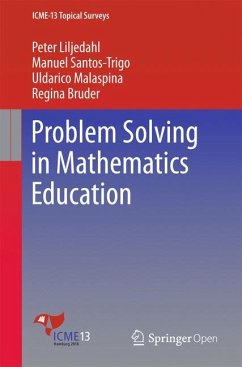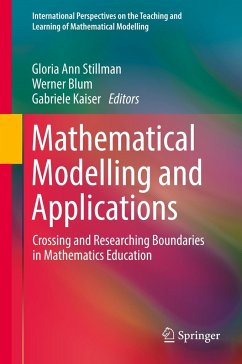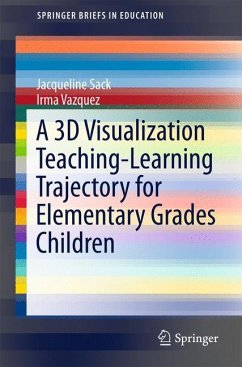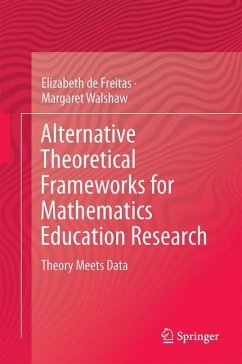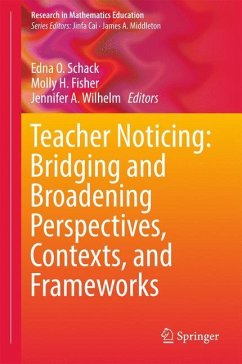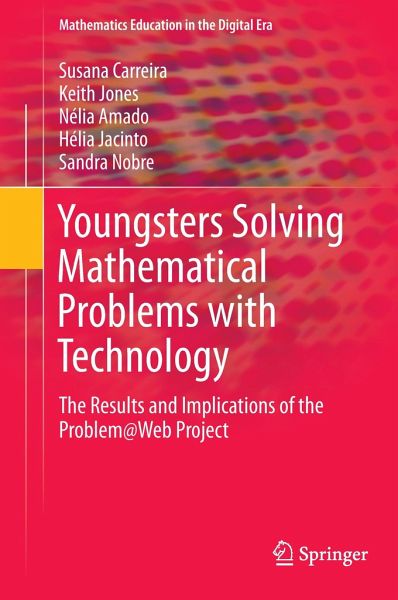
Youngsters Solving Mathematical Problems with Technology
The Results and Implications of the Problem@Web Project
Versandkostenfrei!
Versandfertig in 6-10 Tagen
38,99 €
inkl. MwSt.
Weitere Ausgaben:

PAYBACK Punkte
19 °P sammeln!
This book contributes to both mathematical problem solving and the communication of mathematics by students, and the role of personal and home technologies in learning beyond school. It does this by reporting on major results and implications of the Problem@Web project that investigated youngsters' mathematical problem solving and, in particular, their use of digital technologies in tackling, and communicating the results of their problem solving, in environments beyond school. The book has two focuses: Mathematical problem solving skills and strategies, forms of representing and expressing ma...
This book contributes to both mathematical problem solving and the communication of mathematics by students, and the role of personal and home technologies in learning beyond school. It does this by reporting on major results and implications of the Problem@Web project that investigated youngsters' mathematical problem solving and, in particular, their use of digital technologies in tackling, and communicating the results of their problem solving, in environments beyond school. The book has two focuses: Mathematical problem solving skills and strategies, forms of representing and expressing mathematical thinking, technological-based solutions; and students´ and teachers´ perspectives on mathematics learning, especially school compared to beyond-school mathematics.



